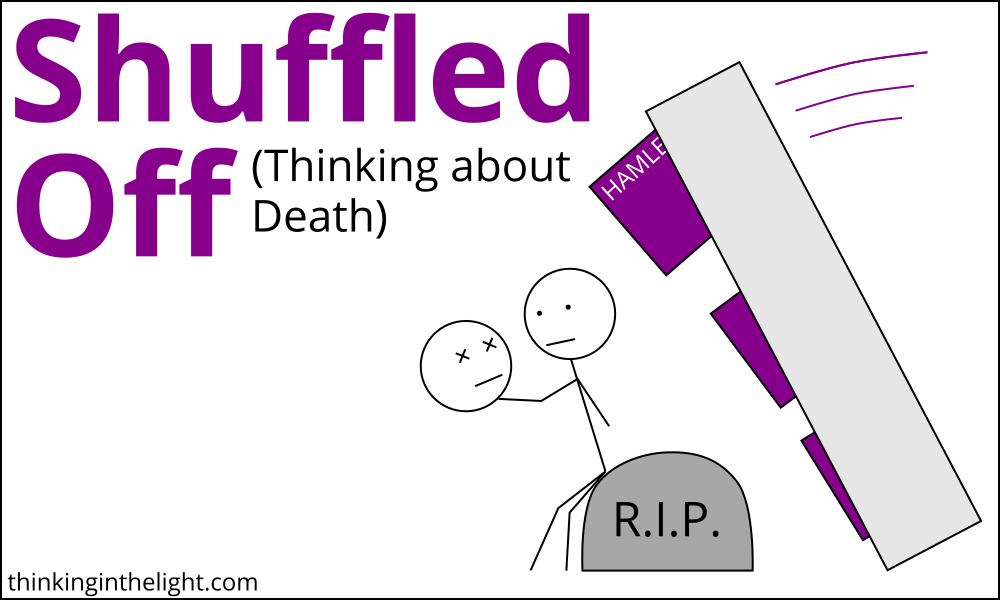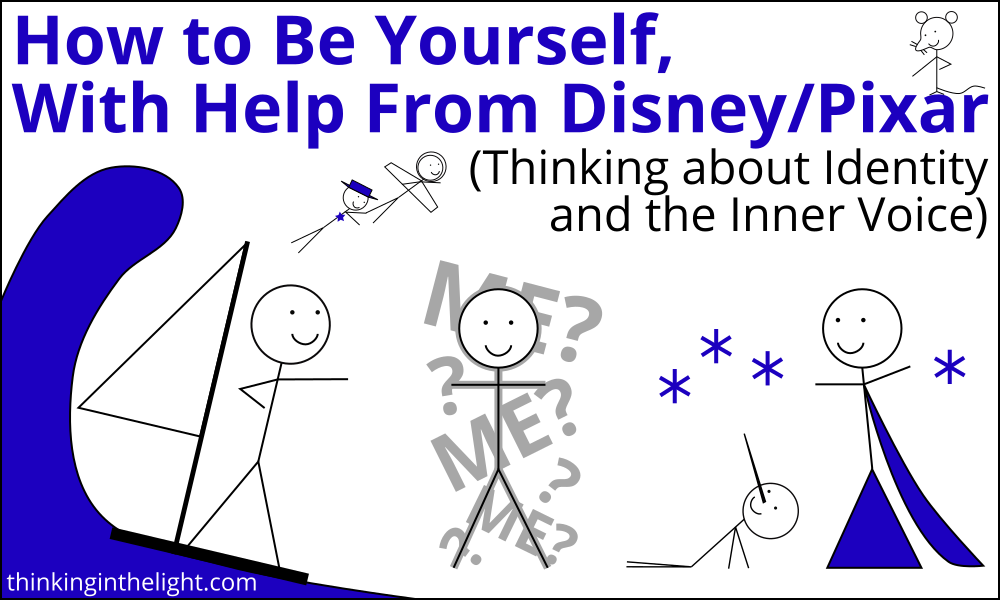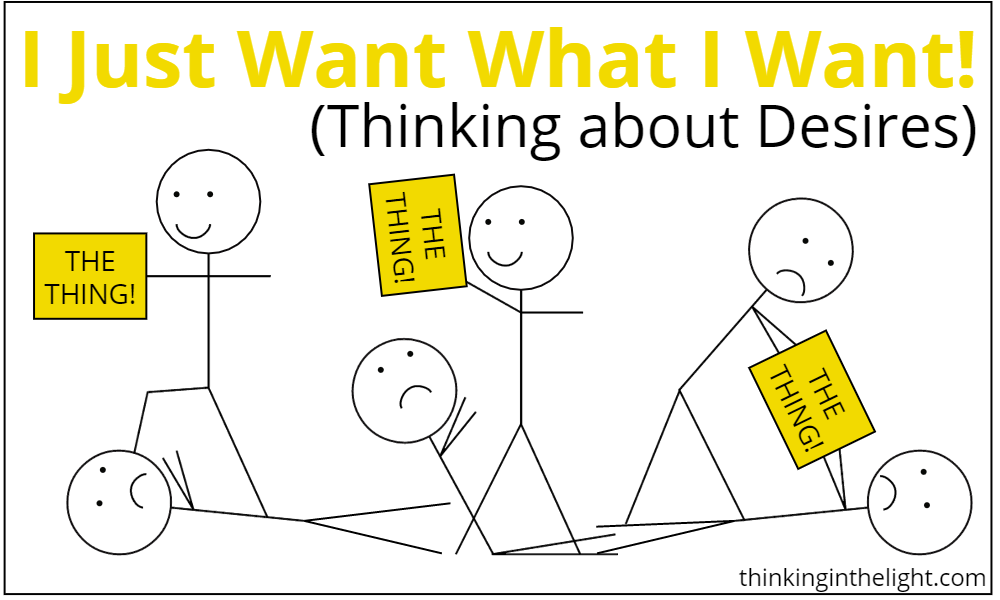- To Sleep, Perchance to Dream
Death is something that affects all humans, and this realization often brings fear. Epicurus, however, argues that we do not have to fear death, once we understand what death is. He bases his explanation in science, but is it a good one, and does it relieve fear the way that Epicurus wants?
- The Thousand Natural Shocks
The death of a loved one is a major source of suffering, but Epictetus the stoic says we don't have to suffer when this happens. We need, instead, to gain apathy by recognizing the true nature of the world. Is Epictetus onto something, or is he just stuffing his emotions?
- The Undiscover’d Country
Plato views death as a good thing, because his soul will continue to live and he will finally have what he wants most. A Christian may be attracted to Plato's belief in an afterlife and insistence that we must be virtuous in preparation for it. But is Plato's view of death one a Christian should embrace?
- Take Arms Against a Sea of Troubles
Bertrand Russell sees death as a bad thing, which seems right. He also proposes that, despite its inevitability, we can defy death and be free. Does his view make sense, and is it an adequate response to death?
- “I’m a Real Boy!”
In trying to be myself, should I turn inward or look externally? Pinocchio presents a vision of the self as something we strive for by turning to our conscience, which points us outward at morality.
- “I am Moana!”
Moana explores three sources of identity: a role, a calling, and an inner voice. The movie internalizes the two external sources of identity by subordinating them to the voice inside, but this raises the question of what precisely the inner voice is.
- “I’m Free!”
Elsa's story in Frozen involves both the expression of what is inside her as well as the harm she brings on others. How do these two threads fit together? The song "Let It Go" encapsulates the ambiguous advice offered by Frozen regarding the question of whether we should listen to our inner voice or to something external.
- “You Are the One You’ve Been Waiting For!”
In Frozen 2 Elsa hears a voice calling her to follow it. Should we understand this call as something that expands her identity by connecting her with something transcendent, or as something that points her inward and brings out what she already was? By combining both ideas, the movie's answer is ambiguous.
- “You Are a Child’s Plaything!”
How could there be a morality that lies outside of my inner voice, and how would it relate to my identity? An answer to this question comes from the movie Toy Story, by recognizing that my essence determines both who I am and what I should do.
- “You Are Still Only a Rat!”
Ratatouille does not like arbitrary prohibitions, such as sexist rules preventing women from occupations they are suited for. It makes this point, however, by means of discussing identity and the inner voice, and in doing so it makes essence look arbitrary. It is worth asking whether this way of making the point is fair.
- Allowing Desires, Mostly
This first part of the series thinks about the way that desires can conflict between an individual and the majority in the society. It considers whether John Stuart Mill's harm principle is a possible solution.
- Maximizing Desires
One way to think about desires is to try to satisfy everyone (or as many people as possible). This second part of the series considers whether John Stuart Mill's utilitarianism is a good approach to desires.
- Desires vs. Morality
If doing the right thing is not simply trying to satisfy everyone, then acting morally is different from acting on my desires. This third installment examines Immanuel Kant's discussion of motives and the good will.
- Motivating Morality Without Desires
Basing morality upon desires is problematic, but if we do not do so, then we must explain why we should be moral. This fourth part of the series thinks about how we might motivate morality without appealing to desires, by looking at Immanuel Kant's principle of autonomy.
- Motivating Morality With Desires
One reason I might be moral is because I have some good desires that overrule my problematic ones. Nel Noddings gives an answer along these lines to the question of moral motivation. In this fifth part of the series I examine her account of the ideal self as a person who is caring.
- Fear, Love, and Desires
As a conclusion to the series on desires, I look at a few of the key points from previous posts. The Bible's accounts of fearing God and loving my neighbor tie the points together and explain why I should be moral in the face of my conflicting desires.



